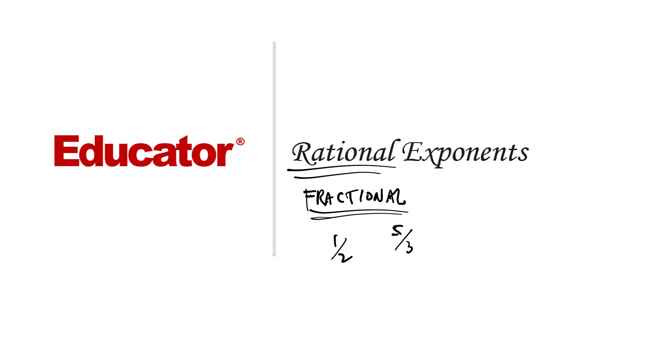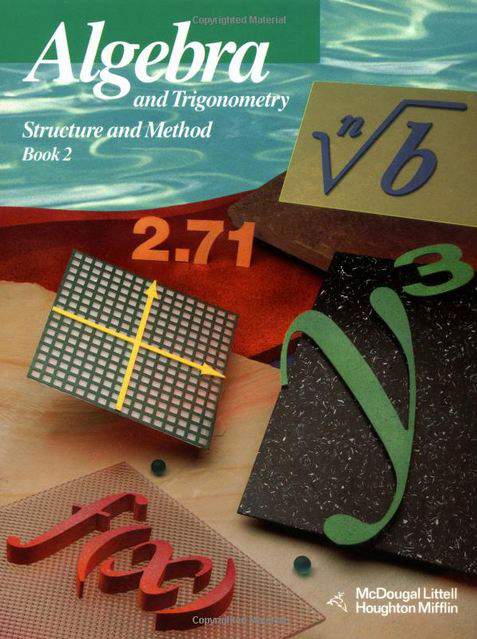Connecting...

This is a quick preview of the lesson. For full access, please Log In or Sign up.
For more information, please see full course syllabus of Algebra 2
For more information, please see full course syllabus of Algebra 2
Algebra 2 Rational Exponents
Lecture Description
Rational exponents are exponents that are fractions, so they are also called fractional exponents. Using the definition, you'll learn how to transform nth roots into rational exponents. The properties for powers of integer exponents are also valid for rational exponents. For example, we add exponents when two numbers with same base are multiplied. So the exponents can be both integers or fractions. Other properties are valid as well, like zero, and negative power. In a simplified form, all exponents must be positive and exponents in the denominator must be integers. The examples involve problems where you need to write a radical expression with rational exponents, etc.
Bookmark & Share
Embed
Share this knowledge with your friends!
Copy & Paste this embed code into your website’s HTML
Please ensure that your website editor is in text mode when you paste the code.(In Wordpress, the mode button is on the top right corner.)
×
Since this lesson is not free, only the preview will appear on your website.
- - Allow users to view the embedded video in full-size.
Next Lecture
Previous Lecture









































 Carleen Eaton
Carleen Eaton Grant Fraser
Grant Fraser
 Answer Engine
Answer Engine



2 answers
Last reply by: Kyoung-Hee Kim
Tue Oct 7, 2014 7:47 PM
Post by Kavita Agrawal on June 19, 2013
I don't think Example 1 is completely simplified. The 5th root of 512c^6 can be written as c times the 5th root of 512c, because c^6 = c^5 * c.
1 answer
Thu May 24, 2012 8:12 PM
Post by Darren Fuller on May 15, 2012
How would I solve a problem like this
2^5/2 - 2^3/2